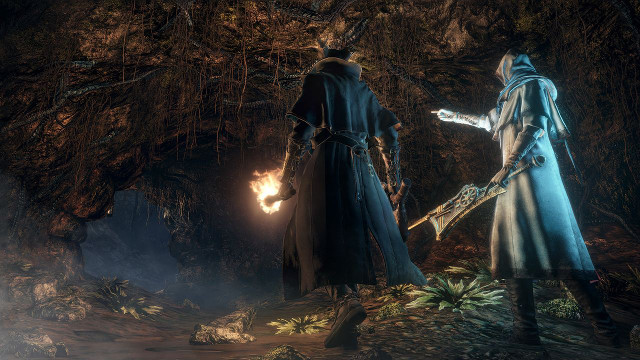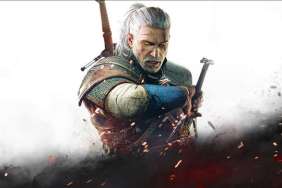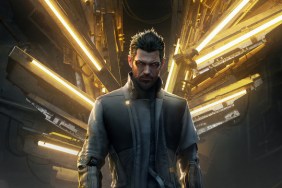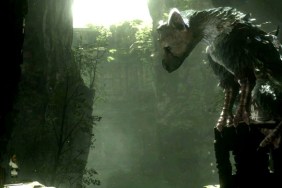2015 will go down as a year known for its long list of memorable titles that fell just short of greatness. The year was full of huge productions that were missing just one key ingredient, which made deciding on a game of the year so much more difficult. There are a lot of lessons to be learned.
Below you will find eight of this year's biggest mistakes.
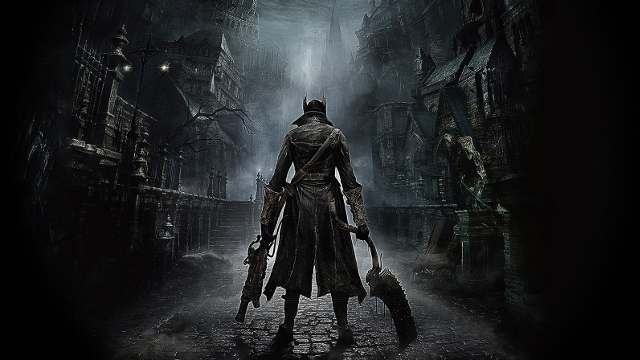
Bloodborne Was Light On RPG Elements
From Software has been a king among RPG makers for the past half decade. Bloodborne managed to divert slightly from its popular Souls formula by rewarding aggressive combat and creating a uniquely terrifying world. Unfortunately, it forgot to bring great RPG elements along with it.
Bloodborne's stat choices were, for the most part, useless once you figured out that half the stats were far inferior to the others. The game's list of weapons was far less than in previous Souls games, leading to repetition. The shorter list of armaments also meant that there was very little reward for exploration as there was a huge absence of treasure. In other words, most players played through the game in the same way and there was very little reason to play through a second time.

Fallout 4 Didn't Value Player Choice
The Fallout series' most outstanding quality has been its dialog system. It has been successful in making players feel in control of their characters, and capable of affecting the world around them.
As a result of Bethesda implementing not only both genders as playable, but fully voicing the protagonist, Fallout 4's dialog choices suffered greatly. Most dialog simply didn't have any affect on conversation in any way, making it feel automated. It was a huge step back in this regard when compared to its predecessors.
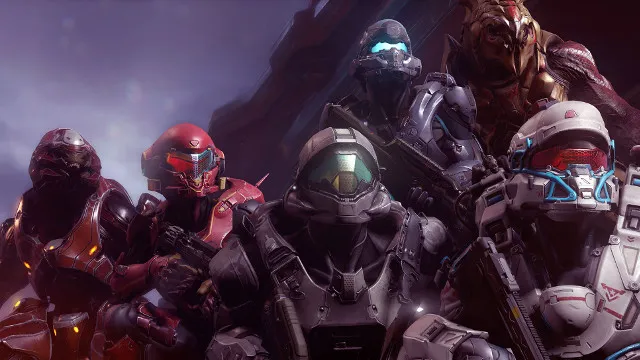
Halo 5 Skipped Local Multiplayer
When most Halo fans think back to their greatest moments playing the series, its common for local multiplayer to be brought up. Halo has always been great at allowing friends and family to enjoy competitive or cooperative gameplay together, bringing people into the same room to have fun.
So, it came as a huge shock when 343 Industries decided to not include any form of local multiplayer in Halo 5: Guardians. Online co-op alone simply wasn't enough, and a large number of buyers felt cheated out of content. While its competitive multiplayer was some of the best the series has ever seen, it simply couldn't make up for not being able to deliver memorable social interaction.

Heroes of the Storm Focused Too Much On Casuals
Heroes of the Storm was a lovely game, and one of the year's best. It could have been much more, though.
Heroes of the Storm tried to carve a niche of its own by focusing on quick matches with a lower skill ceiling. While that made it approachable, it also made it less addictive in addition to not being a great spectator game. Instead of fully harnessing the potential of Blizzard's powerful IPs, the game sits in a position where it's fun and recommendable, but doesn't even scratch the top 15 games list on Twitch, something World of Warcraft and Hearthstone have no problem with.
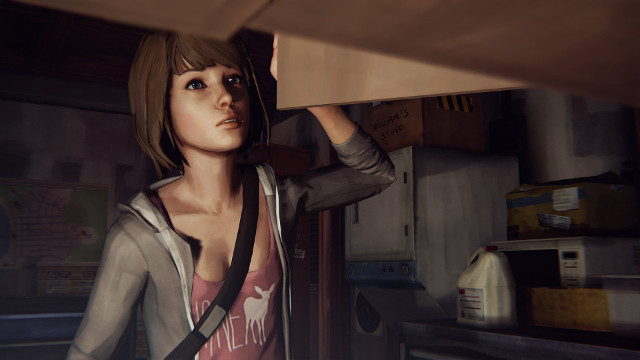
Life is Strange Said No To Lip Syncing
It's unanimous among most gamers that Life is Strange had the best story to tell in 2015. Unfortunately, it was held back by a lack of polish.
Not only did Life is Strange have a mildly rough presentation, but it had no lip syncing. It came as a huge surprise in 2015 when lip syncing is a standard among most games, even small-budget indie titles. As characters exchanged dialog it appeared as if it were a dubbed Japanese film. It still managed to convey an unforgettable story, which really goes to show just how powerful the writing was.
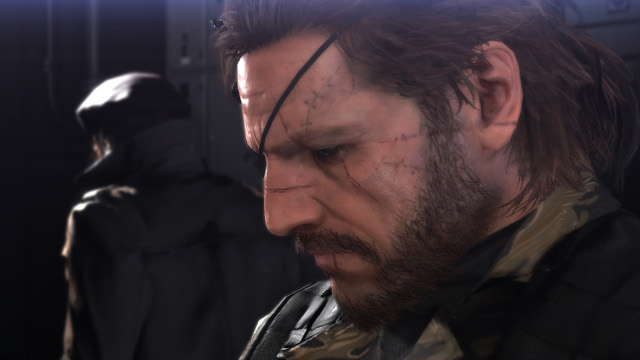
Metal Gear Solid V Forgot Its Roots
Metal Gear Solid V: The Phantom Pain was an exercise in extreme refinement of stealth action gameplay. It felt so good to play that many gamers simply didn't notice the game's major faults, and its biggest one was quite significant.
Despite Metal Gear Solid V being the final main title in the series, and as such responsible for tying up loose ends before Hideo Kojima's departure, it made little to no effort to conclude more than 20 years of storytelling. Its second chapter, where it had ample opportunity to make a move, was a tragic mess as a result of rushed development. The worst thing happened: Metal Gear fans left with a bad taste in their mouths.
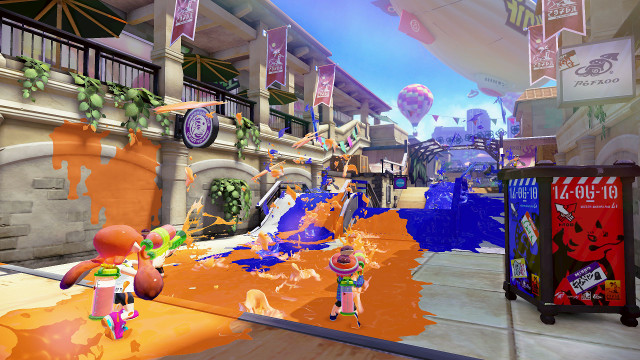
Splatoon Didn't Include Voice Chat
Splatoon deviated greatly from the exclusive roster that Nintendo usually delivers. It was a competitive game that demanded a high level of communication and coordination among players.
Not including voice chat meant that many matches became a mess, with poorly skilled players being completely undirectable, and veteran players having to carry the team in frustrating fshion. It was infinitely infuriating, especially given how simple of a solution voice chat would have been. But Nintendo didn't want immature people saying nasty things over their microphones, so it instead doomed the game to never realizing its true potential.
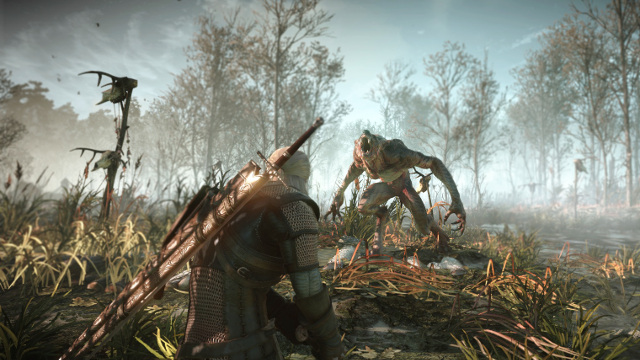
The Witcher 3's Combat Felt Clunky
You could argue that The Witcher 3: Wild Hunt stands among the best games of 2015 in terms of visuals, audio, story, and scale. For that reason alone it has earned the right to be game of the year for many gamers, but not those who consider gameplay and combat to be of great importance.
The Witcher 3: Wild Hunt's combat simply wasn't cohesive or varied enough to remain interesting through the 100+ hour journey. Lock-on felt off, and swinging a sword lacked the feedback of other modern AAA RPGs. Since Witchers can only equip swords in the lore, the game relied heavily on its magic, which were limited in number and effectiveness. It became remarkably repetitive early on, pushing many players to reduce the difficulty to Easy in order to skip over what was undoubtedly the worst quality of the game.
